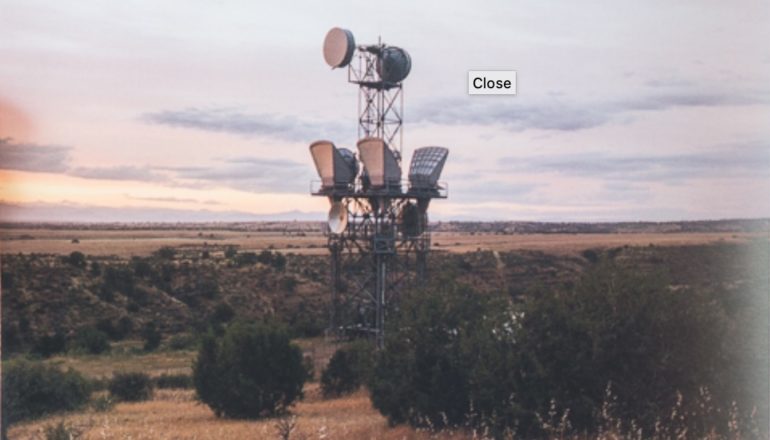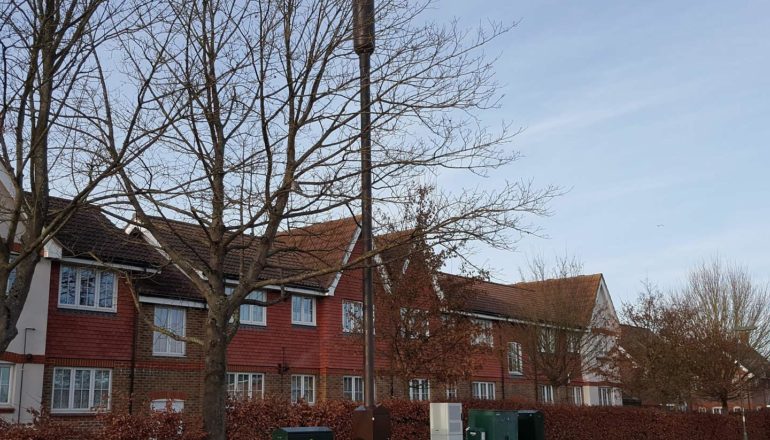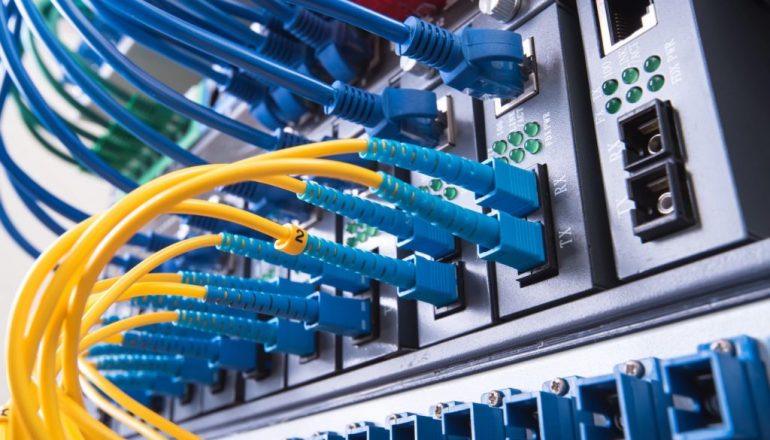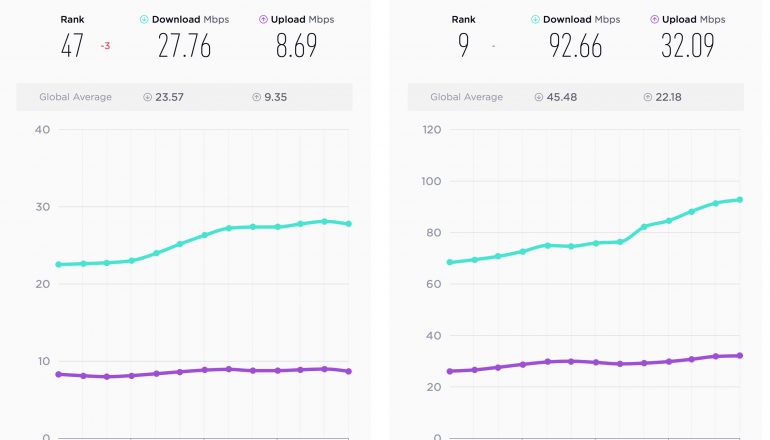Multi-Gigabit SOHO Networks are Here
The era of multi-gigabit networks is here for residential and SOHO users. Wi-Fi 6 is in the indirect enabler.
Rewiring America Smartly
The task of determining the eligibility of broadband networks for federal subsidies is best left to technical agencies, such as the FCC, capable of separating fact from fiction.
Dark Clouds on the Spectrum Horizon
Ditch DoD’s Rivada Plan
Siting Small Cells in a Time of Tech Hesitancy
We also need to get better – a lot better – at communicating our aspirations and motives for creating new technology. 5G is an a chaotic state in many jurisdictions these days because we’ve failed to communicate the benefits and to bring the public along with us.
Wired Trolls 5G Security
Today’s Internet-based tech press is more concerned with monetizing than websites than with imparting good information. Perhaps this is simply the way media is nowadays, but the tendency to exaggerate seems to be amplified when the press addresses the Internet itself.
Will 5G Kill Weather Forecasting?
NOAA’s simulations of 5G’s impact on weather sensors are inadequate and there’s very little time to get them right. The wireless industry needs to lend a hand.
Larry Roberts was a Networking Legend
Creating a network that can be all things to all people was a monumental undertaking. Making it work for every user in the most reliable, safe, and economical way is even harder. I happily shared the Amicus Brief with Larry last October that was influenced so heavily by his work on Telenet; and I was glad that it pleased him.
ITS Director Keith Gremban on 5G Propagation
Costs of deployment for new networking technologies tend to decline over time as we learn how to avoid unnecessary redundancies. Deployment costs of fiber-to-the-home networks declined to about 20% of initial levels over the first three years of deployment.
Wireless ISPs Manage Video Streams Under High Load
The Wehe data doesn’t tell us whether the observed behavior is consistent with company disclosures or general net neutrality conventions. While we don’t expect legal opinions from network performance scholars, it’s important to know more about the triggers of network management.
Broadband Speed Improving Faster
5G isn’t here yet, but it’s already stimulating a competitive response from incumbents. Better broadband plans and prices than we might see without this looming threat are entering the market.












